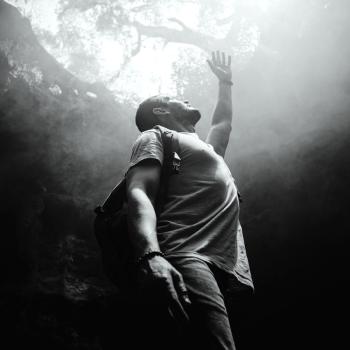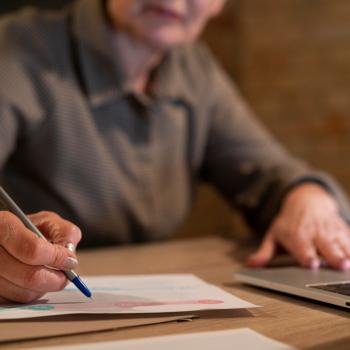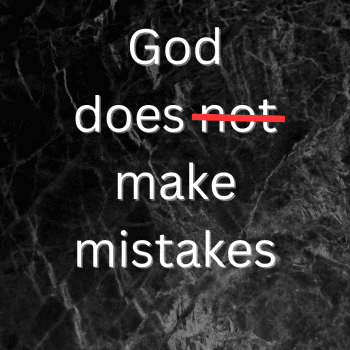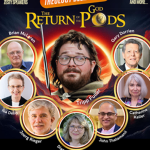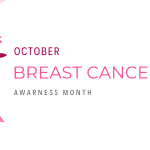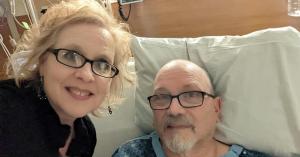
Please understand my reference to Christianity is Western Christianity. If your church or your experience is different than this, then you are not who I’m talking about. But I encourage you to listen closely, because this is a common misconception.
A little over a year ago, I suffered a stroke. It caused paralysis in my left side, but not in my face. The rehab plan that I was on was exceptional. It helped me be able to do many of the things like take a bath, walk with a mobility device, dress myself, etc. I can’t go to rehab anymore, but I go to the gym three times a week and do what I can.
After working out and washing the dishes and fixing my lunch, I usually have to take a nap midday. The winter has been tough, but I made it through, and I am looking forward to sunshine and time outside.
Becoming disabled was hard, because I am a doer. I have worked hard all my life. Because It is hard being disabled, many people evaluated it incorrectly, including Christians.
I remember back when I was heavily involved in religion, we would assure people that eventually they would be made whole at some later date. This was the “hope.” But I have realized some things since becoming disabled.
Throughout my last year of recovery, I have had time to deal with some of the past trauma in my life. I have also written a lot and had lots of time for reflection. This has led me to some amazing discoveries, one of which is “I don’t need to be fully able physically to be happy or blissful or at peace.
I am that already.
When Christians bypass this life and promise a future life, they ignore the reality of this life and being fully human. Since my disability, I feel like I am becoming more fully human, even though some of my physical abilities may be permanently limited. Just because a “normal” person cannot run as fast as a world-class track star doesn’t make them less human. In the same vein, the fact that I walked slower than my wife does not make me less of a person or incomplete.
Last night, I observed my grandson laughing robustly at something that caught his attention. His is less enabled ohysically than me and has trouble even riding in a wheelchair.
We can’t do what Christians want us to do. They want us to measure everything by what we can do physically, then they ignore the whole idea of becoming fully human. The measuring stick is human ability, but then they postpone all their living for the future. It will all be “better” by and by.
I don’t ignore the fact that I’m disabled. On the contrary, I appreciate it greatly, and some days I do better than others. There are days that I am so frustrated that I cry. But there are also days when I go inside and trust my inner knowing and realize there’s so much more depth to my experience than I ever could have imagined.
If you want to engage a disabled person don’t promise them something for the future that you can’t guarantee. Maybe, ask them what they’re thinking and then just listen. Or maybe, just sit with them in silence and be with them. Don’t scurry off to do something for them, instead slow down and do something with them.
That is what my beautiful spouse does for me. We podcast together and go to brunch or just set together and talk about our day. Little of our energy is wasted on regrets of the past or trying to predict the future. We don’t bypass our struggles with spiritual platitudes. We accept the present as “it is what it is.”
Being present with each other without having to do something is something I wish Christianity would learn and teach before they lecture others on how to live their lives.
Be where you are,
Be who you are,
Karl Forehand






